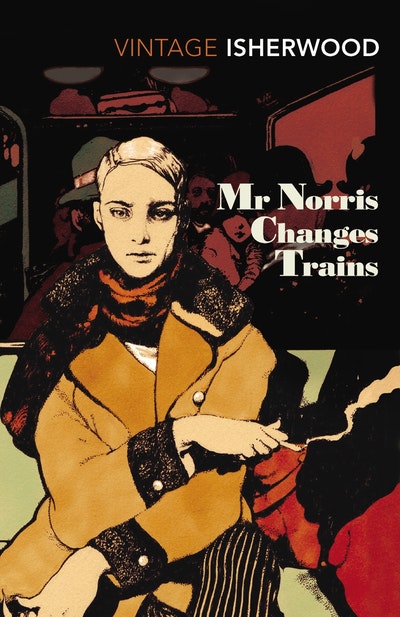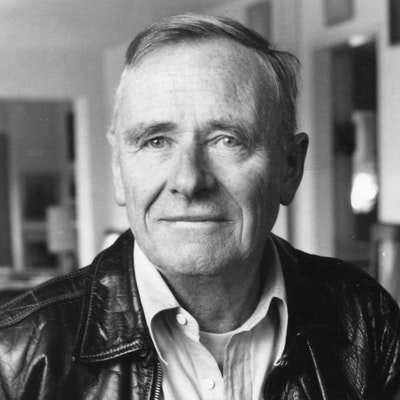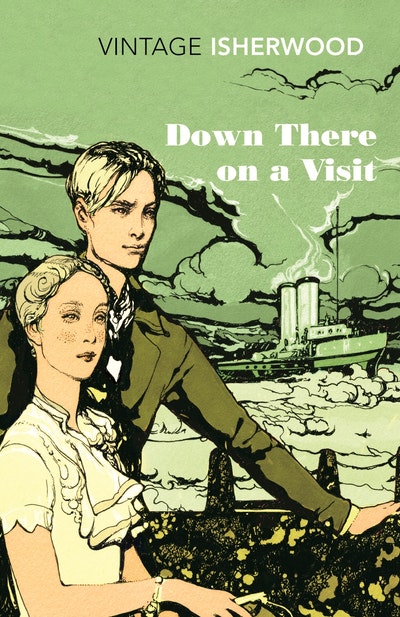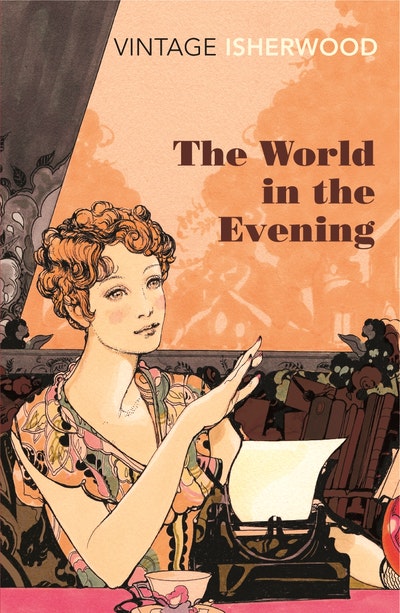- Published: 1 January 1992
- ISBN: 9780099771418
- Imprint: Vintage Classics
- Format: Paperback
- Pages: 240
- RRP: $24.99
Mr Norris Changes Trains
- Published: 1 January 1992
- ISBN: 9780099771418
- Imprint: Vintage Classics
- Format: Paperback
- Pages: 240
- RRP: $24.99
A supreme example of a radiant prose rhythm married to the most delicious dialogue – a portrait of the subtly ruinous Mr Norris.
Sebastian Barry, Week
Isherwood sketches with the lightest of touches the last gasp of the decaying demi-monde and the vigorous world of Communists and Nazis, grappling with each other on the edge of the abyss
Sunday Telegraph
What the Berlin stories retain, to a unique degree, is the ability to tell us what it really felt like then - to feel involved with the Germans and still to find that they retained their mystery; to be in the mode, yes, of a camera, and yet to be furiously, hopelessly involved
James Fenton
The first literary novel that really switched me on was Christopher Isherwood's Mr Norris Changes Trains
Chris Pattern, Daily Mail
He immortalised Berlin in two short, brilliant novels both published in the Thirties, Mr Norris Changes Trains and Goodbye To Berlin, inventing a new form for future generations - intimate, stylised reportage in loosely connected episodes
Daily Express
Mr Norris Changes Trains brought him recognition as one of the most promising young writers of his generation
The Times










